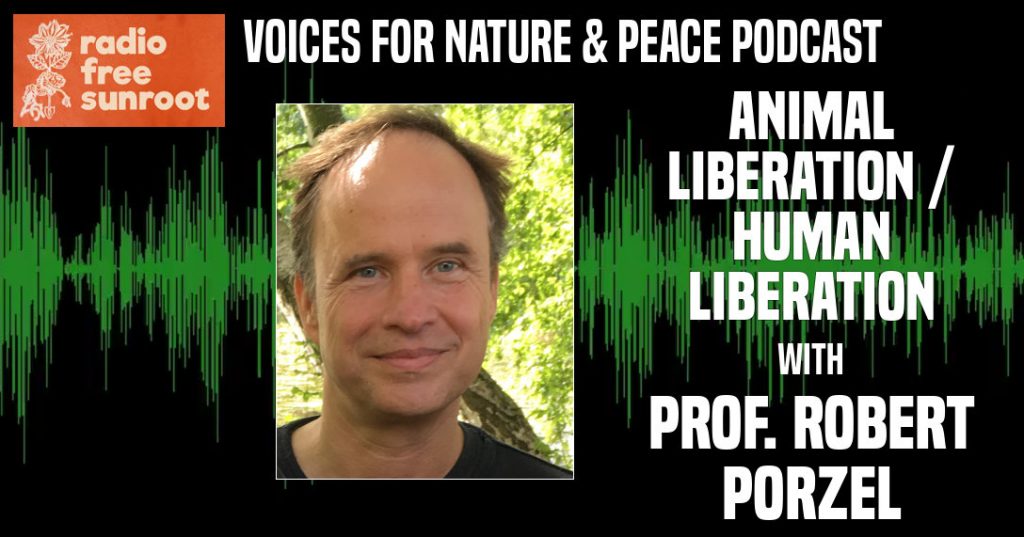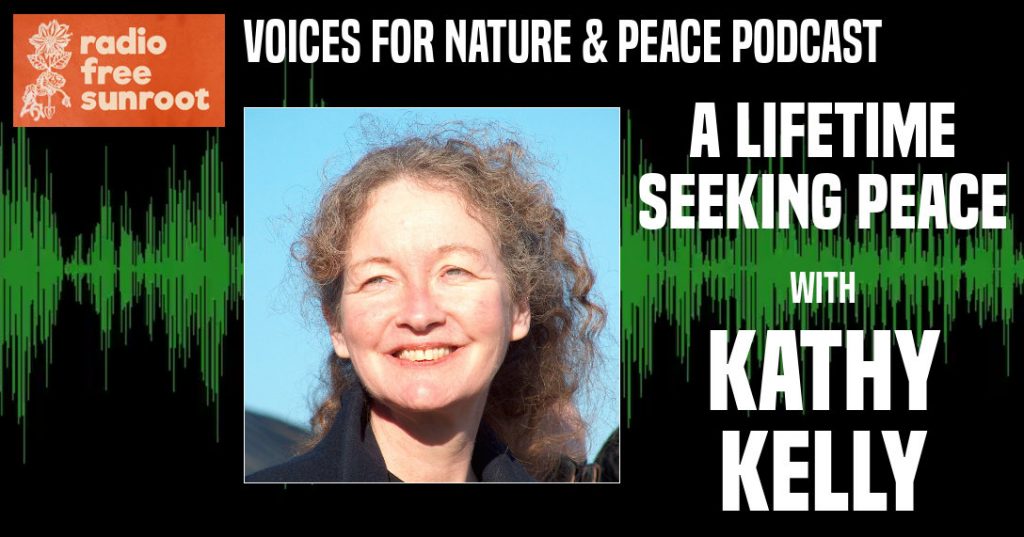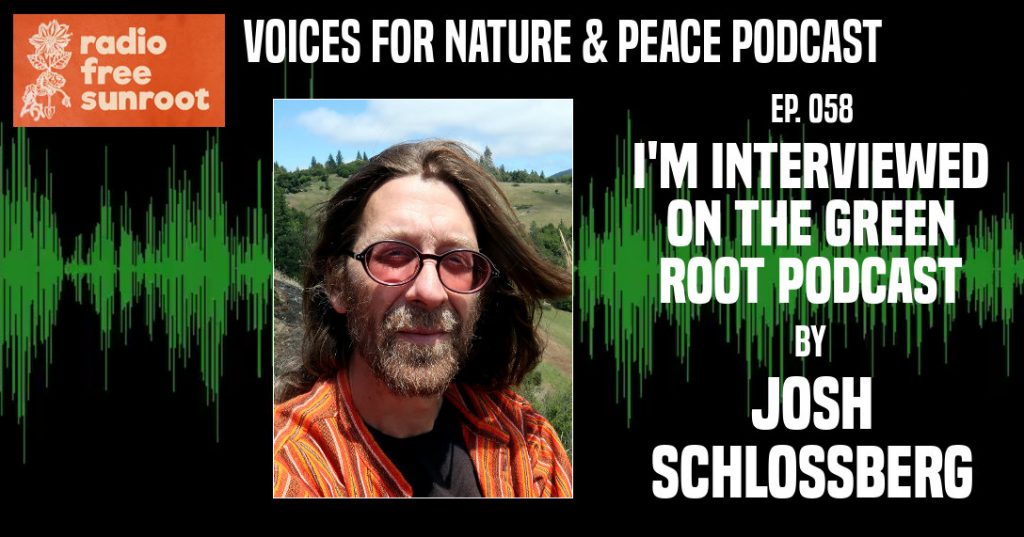
Introducing “Speaking for the Trees, No Matter Where They’re From”—the podcast! Featuring interviews with nature lovers on plants & ecology, with a special focus on “invasive plant” mythologies and the threat to wildlife habitat from “green energy” development. Plus agriculture, wildtending, plant consciousness and more.
Paying subscribers on SubStack and Patreon will get early access and exclusive content.
The SubStack blog also features free blog posts, so head on over to read.
If you’re someone who loves plants and the planet, join us!
To find the podcast, search for it by name, or follow these links:
- Apple podcasts
- Google podcasts (still waiting for it to show up)
- Spotify
- Audible
- Amazon Music
- IHeartRadio
- Listen Notes
- Pandora
- PocketCasts
- PodChaser
- RadioPublic
- Podcast Republic
- JioSaavn












